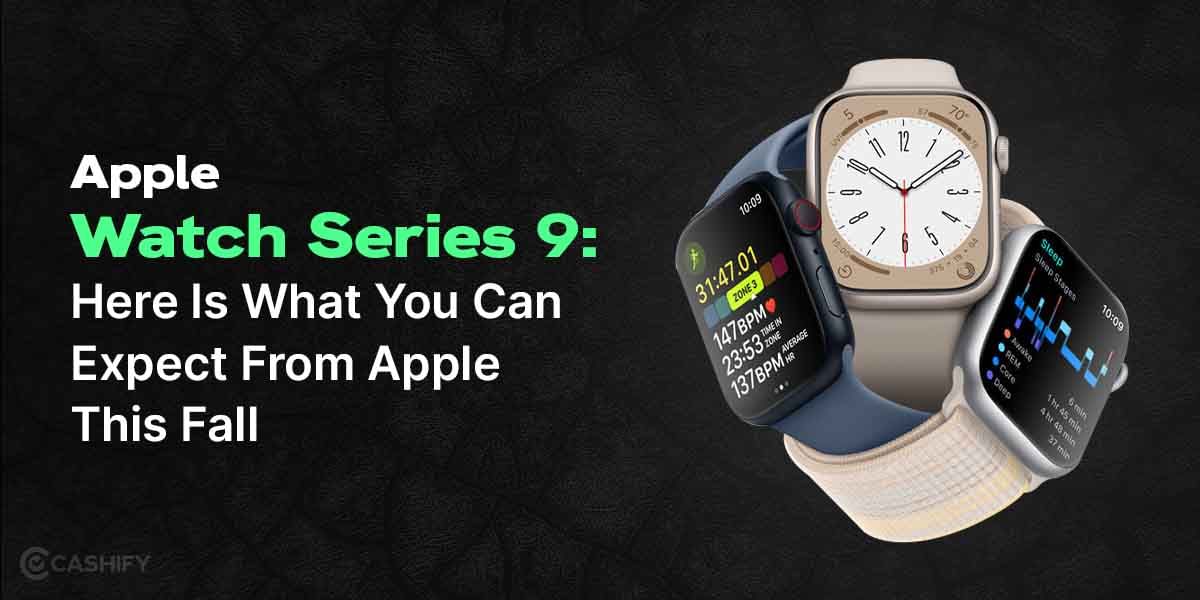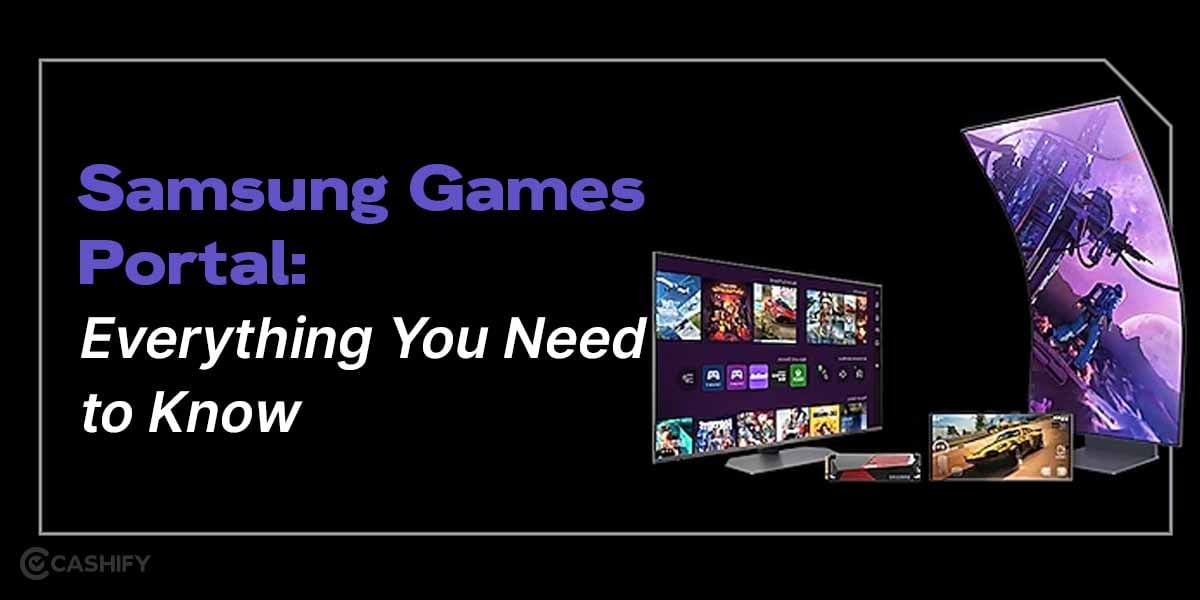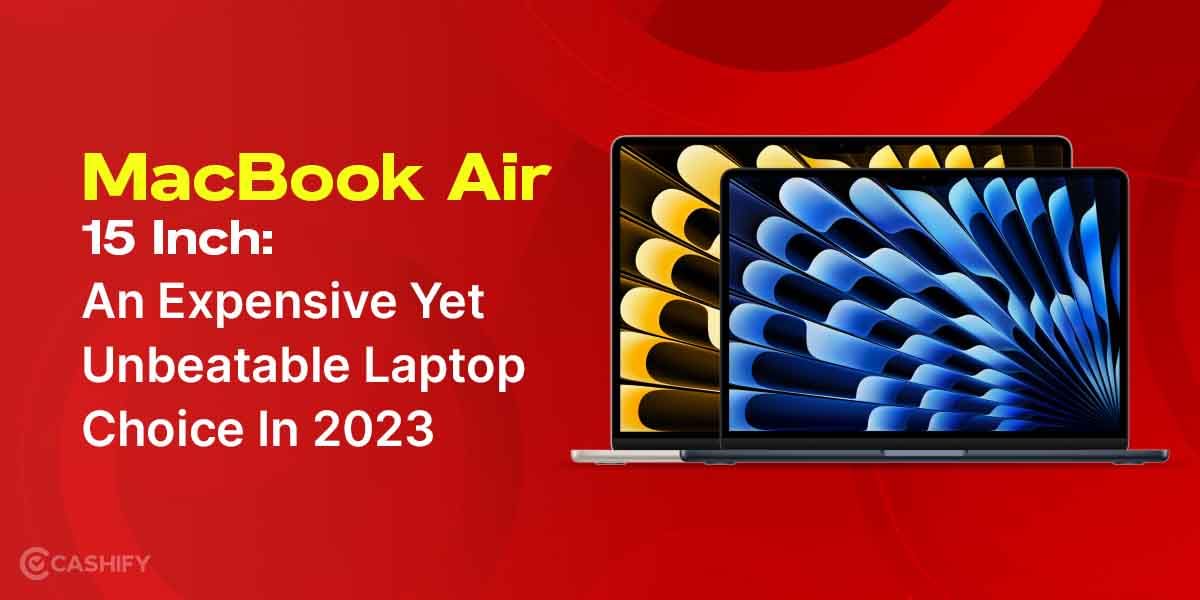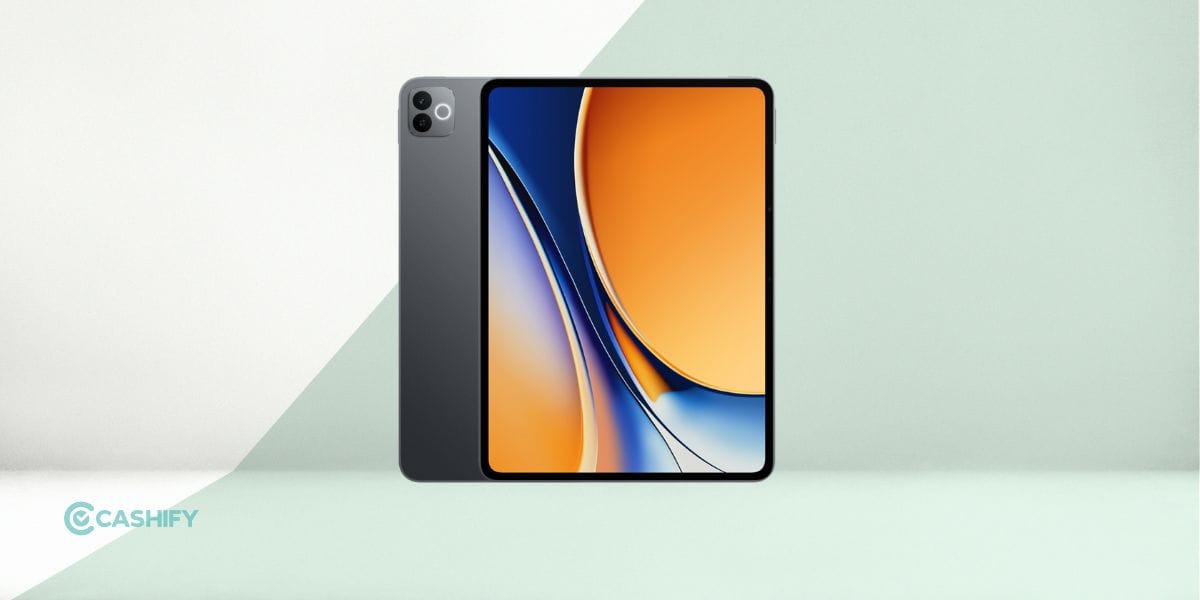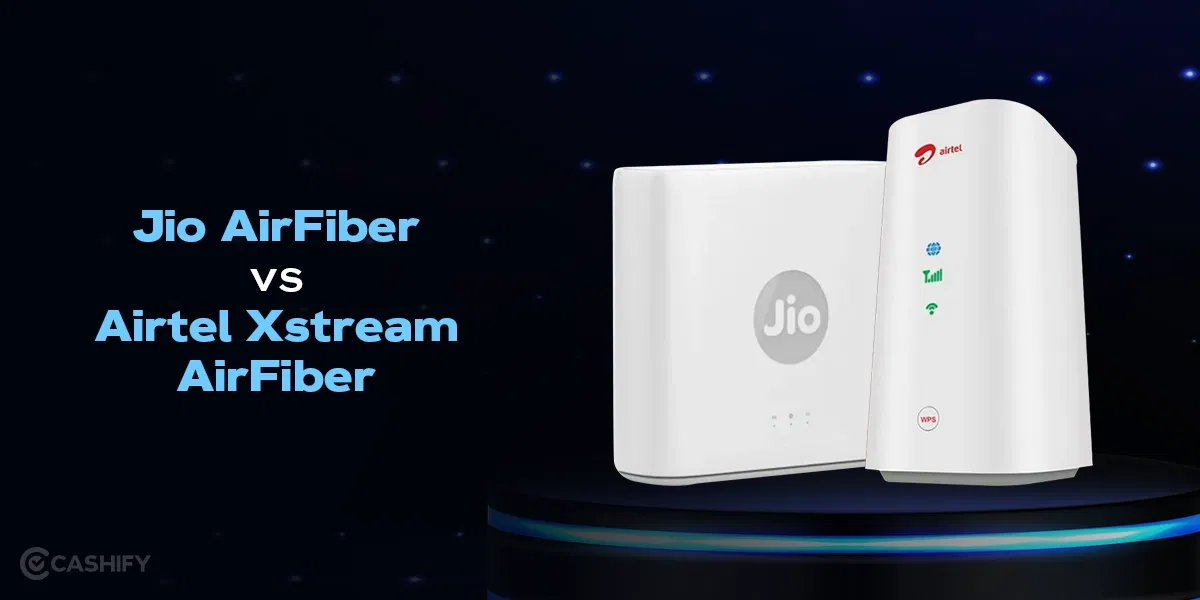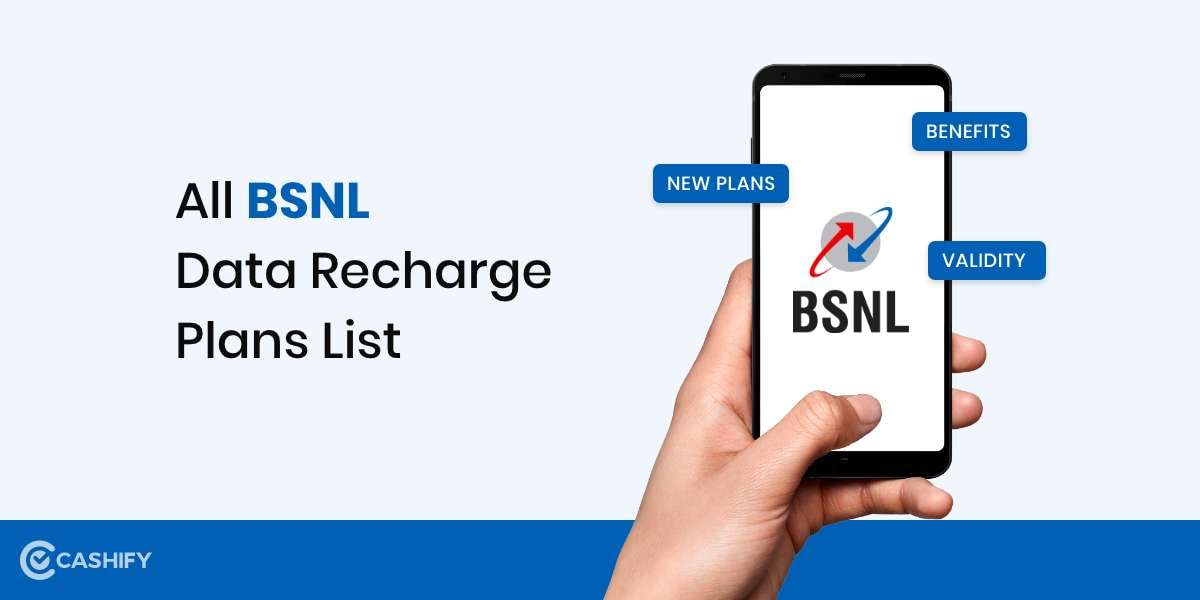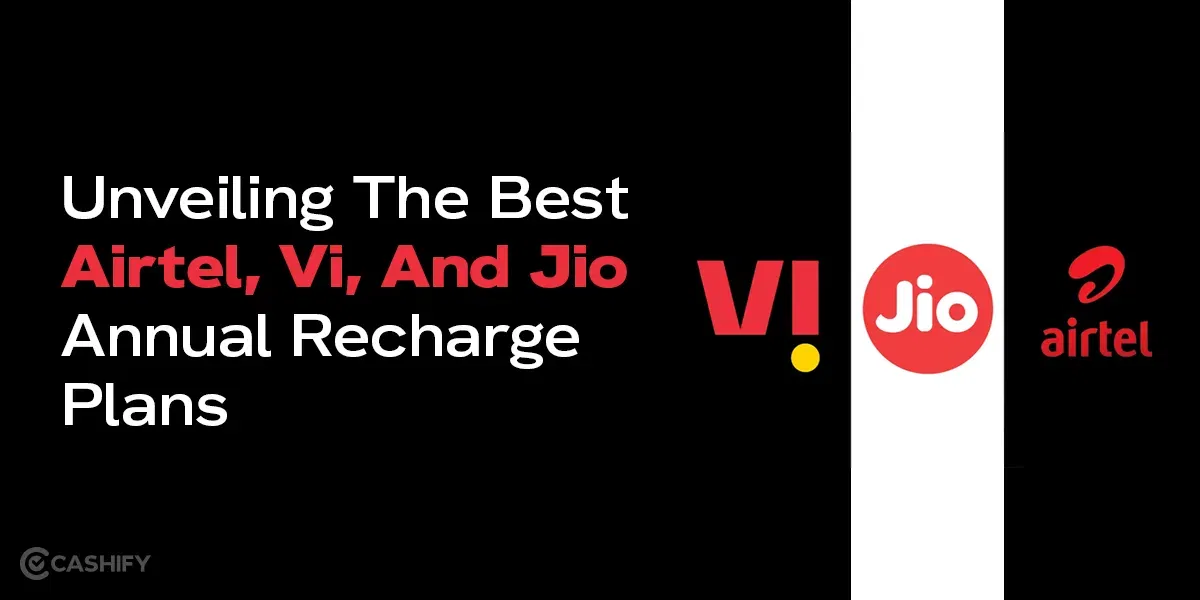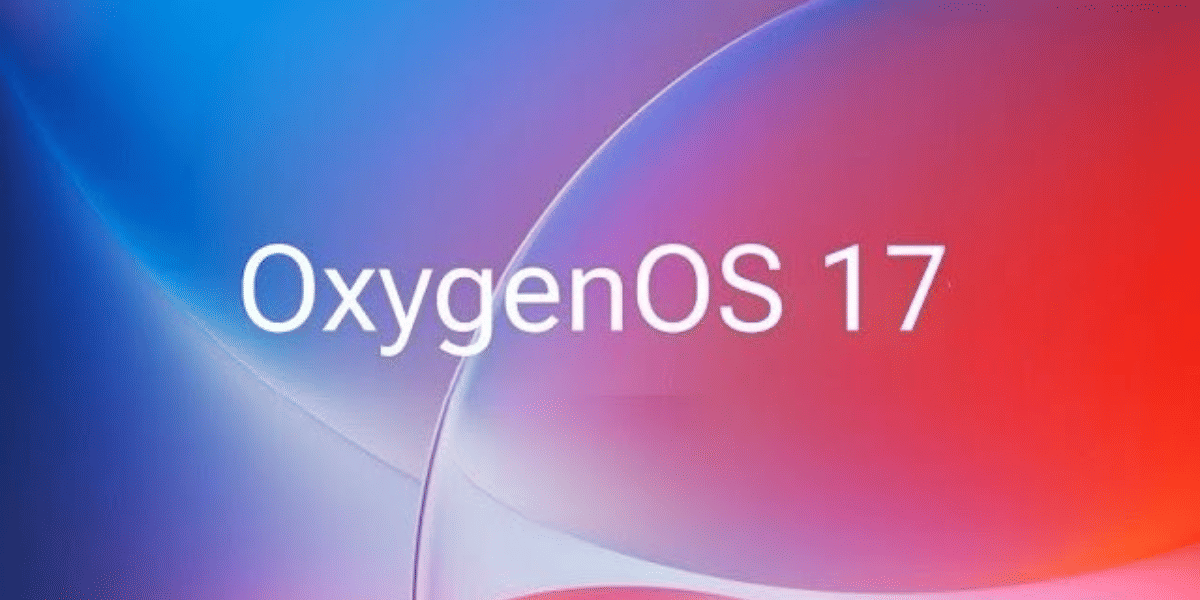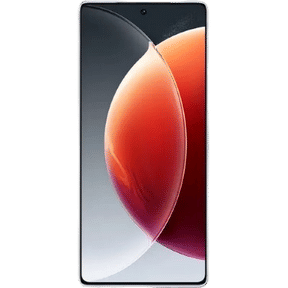Our Union Transport Minister, Mr Nitin Gadkari, recently introduced a satellite-based toll system to provide an efficient toll collection process. The system uses GPS and GNSS, so it promises to offer an exceptional commuter experience. In this system, the vehicle will be charged according to the distance it travelled on Indian Highways. It will surely revolutionise the existing infrastructure.
This article explains all the details about the satellite based toll system. So, without further ado, let’s dive into it.
Also read: Cashify Payment Process: Full Amount, Speed, and Transparency
What is satellite based toll system?

Traditional toll collection system requires a large infrastructure to build a toll plaza and a large workforce to operate smoothly. At the toll plaza, the vehicle has to slow down. After that, the vehicle will be scanned, and they will pay toll tax. The entire process creates a lot of traffic, especially with large commercial vehicles.
Recently, the Indian government introduced a satellite toll system to resolve this issue. This system uses a satellite and tracking system installed in the vehicle. The system will measure the distance that a particular vehicle has travelled. The toll system deducts the toll charges from the commuter’s bank account based on the distance the vehicle travelled.
The main aim of this toll system is to improve efficiency and reduce the hassle linked with the toll collection process. By using this system, commuters can save their valuable time and fuel. Fuel saving leads to environmental sustainability.
How does the GPS-based toll system work?

The implementation of the GPS-based satellite toll system is not easy. Every vehicle will take a few years to be equipped with this cutting-edge tech. However, the entire process will work like this if the vehicle equips this tech.
Check out the step-by-step process.
- The vehicle will use an on-board unit that will work as a tracking device for the toll collection system.
- Your tracking device will track the vehicle’s coordinates while you are driving on highways and toll roads.
- The tracking device will share the coordinates with the satellite. It will calculate the distance your vehicle has travelled.
- This system works using GPS and GNSS, which will maintain accuracy in the distance calculation.
- On the highways, the camera will be there. It will ensure that the measured distance is appropriate and will compare the distance with the vehicle’s coordinate image taken by the system.
- This camera can easily find out which vehicle does not have an on-board unit or has turned it off.
- Initially, the government will implement this toll system on a few major highways nationwide.
You need to remember that no information is available on where and how to get the on-board unit. However, we feel the process will be similar to FASTag once the government has introduced it.
Also read: Top 10 Google Maps Tips And Tricks You Must Know!
Pros of Satellite based toll system
Here are a few advantages that satellite-based toll systems offer.
- The satellite toll system will implement a flexible charging scheme. For example, the government can use it to charge commuters based on distance, time, or congestion. So customers can enjoy a fair and efficient toll collection system.
- When this system is implemented nationwide, vehicles can travel without stopping and slowing down. It will let commuters enjoy smoother and congestion-free travelling.
- This system does not require extensive roadside infrastructure, which is needed for traditional toll plazas. Implementing virtual tool booths will eliminate the physical structure requirement, resulting in easier maintenance and cost savings.
- The satellite based toll system is easily scalable. It can easily cover more extensive roadways and accommodate future traffic growth.
Also read: Let’s Decode: Regular GPS Vs. Dual Band GPS In A Smartwatch
Challenges of Satellite based toll system
Let’s check out a few challenges you can face through the satellite toll system.
- For precise toll calculation, accurate location tracking is necessary. However, sometimes signal interference or inaccurate readings can impact the accuracy.
- This system can lead to privacy concerns. Therefore, it is necessary to implement solid privacy measures and follow all rules to secure user information and resolve privacy issues.
- Implementing this cutting-edge system requires solid education and awareness. The government must educate users about its benefits, how it differs from the existing system and its functionality. It will ease the transition process, and users will readily accept it.
- Transitioning from the existing system to the new one is not so easy. Also, we must ensure that the new system is fully compatible with the challenges that older vehicles face.
However, proper planning and implementation can make the transition process easy for the government and people.
Also read: How To Recharge FASTag Easily Online? Explained In Detail
Difference between FASTag and satellite based toll system
The satellite-based toll system works on the GNSS, the Global Navigation Satellite System, which offers accurate location tracking capabilities.
Besides, this system uses GPS and GAGAN (GPS Aided GEO Augmented Navigation. So, the system will provide you with precise toll calculations based on the distance travelled.
Will it work in India?

The satellite based toll system is not a new concept. It is already been implemented in Singapore and Germany. However, the biggest challenge for the Indian Government is the different types of vehicles and roadways that the system will have to monitor.
To adapt to this new technology, the government has to remove the current infrastructure, which is FASTags-based and will have to create a new infrastructure. It will take time and cost a lot.
Ultimately, the consumer will have to bear the cost of infrastructure replacement through increased toll prices.
This toll system looks perfect to keep India up-to-date with roadway technologies. It would streamline the toll collection process. However, the implementation and adoption will take time, so if the government starts working on it now, then after a decade, we can experience this system across the country.
Also read: Best Apps To Secure Parking Location For Your Car Or Bike
Final Thoughts
In a nutshell, satellite based toll system will allow you barrier-free vehicle movements as they don’t need to stop to make toll payments. It will surely shape India’s smart mobility future. This cutting-edge technology will move the nation towards a toll booth-free nation.
What are your thoughts on the launch of this new-age satellite toll system? Do you think it will make the toll collection process efficient and sustainable? Please share your views with us in the comment section below.
Also read: Best Car Parking Games For Android & iOS
Buying refurbished mobile phones was never this easy. Sell your old phone and get exclusive offers & discounts on refurbished mobiles. Every refurbished phone is put through 32-point quality checks to ensure like-new standards and comes with a six-month warranty and 15-day refund. Buy refurbished phone easily on no-cost EMI today!







